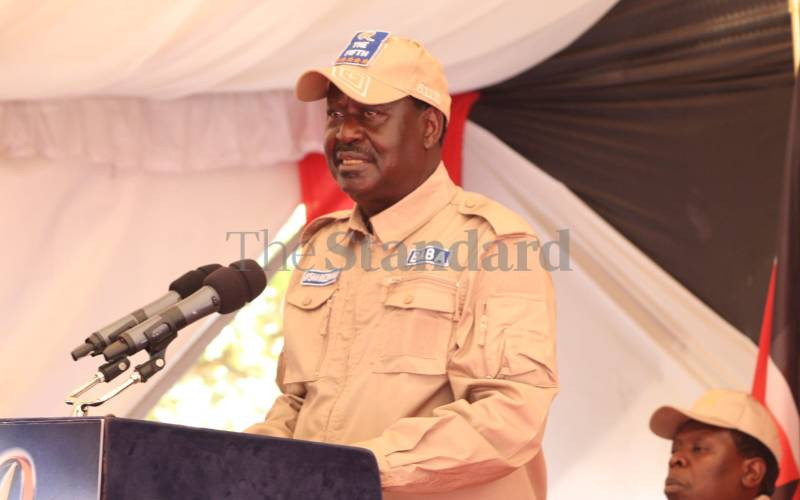×
The Standard e-Paper
Smart Minds Choose Us

On August 8, 2022, 14 million Kenyans woke up to elect the head of state and the opposition leader. Of those, 6.9 million said, "we, the people, honouring those who heroically struggled to bring freedom and justice to our land", give ourselves Raila Odinga as our opposition leader.
Similarly, 7.1 said, "exercising our sovereign and inalienable right to determine the form of governance of our country", we give William Ruto the keys to the State House to head the state.